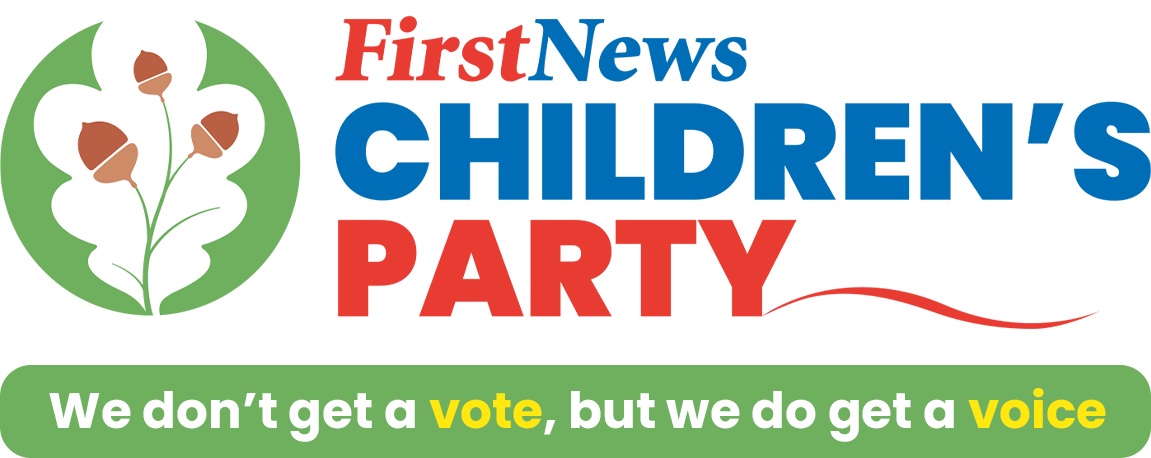by Maximillian
Family life is a fundamental pillar to children and young people’s health, safety and wellbeing. Parents, carers and children need support systems to help them succeed. However, today, so many families encounter hardships that can impact their lives.
Support services
Firstly, it is crucial to highlight the importance of support networks for young people. Services like Childline offer free support, providing a lifeline for those who may feel isolated or overwhelmed. Campaigns promoting awareness of these resources should be more widespread. Asking for help should not be seen as a bad thing and every child and young person should know that they have a reliable resource to turn to in times of need.
Tackling food poverty
Secondly, as of 2023, 12% of children are in food poverty, and 21% of children live in food insecure households. The cost-of-living crisis has only made things worse, with many families struggling to make ends meet. We need to have programmes and initiatives in place immediately that address economic inequalities and provide support to those families in need that go beyond what food banks and free school meals can do. No child should grow up in poverty. No family should have to deal with food insecurity. Everyone should have enough money for children to be safe, to have a home, adequate clothing and food.
Family wellbeing
Thirdly, we need to invest in family wellbeing and resilience. We need to make sure that families have support systems in place to succeed. In schools, in sports centres and in religious communities, we need to make sure that children of all backgrounds can thrive and we need to ask important questions like: “How are you doing?” and: “How are you dealing with these challenging times?”




